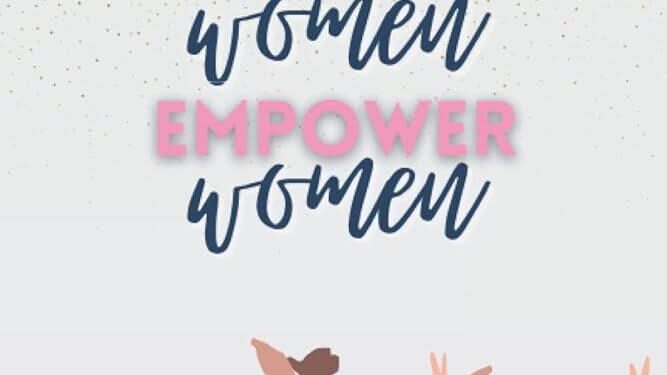Promoting Gender equality in Bosnia and Herzegovina: The UN Women’s Initiative
In a significant step towards achieving gender equality, UN women has launched a comprehensive initiative focused on increasing women’s participation in political spheres across Bosnia and Herzegovina. As the country faces a complex socio-political environment, the inclusion of women in decision-making roles is not just about equity; it is crucial for fostering a more equitable and prosperous society. This initiative aims to dismantle barriers that have historically limited women’s participation in governance, ensuring their perspectives are integral to shaping policies that affect all citizens. As Bosnia and herzegovina strives to meet international standards for gender equality, empowering women politically becomes vital for sustainable progress and democratic resilience. This article delves into the challenges faced by women on this journey, highlights transformative actions undertaken by UN Women, and examines the broader implications for the nation’s future.
Developing Women Leaders
- Effective Communication: Enhancing public speaking skills to articulate policies clearly while engaging with constituents.
- Negotiation Techniques: Developing strategies that improve negotiation outcomes during political discussions.
- Legislative Insight: Understanding how to craft impactful legislation.
The capacity-building efforts extend beyond individual training sessions by creating networks among female leaders who support one another‚Äôs political aspirations. Collaborative workshops combined with mentoring programs facilitate experience sharing and challenge discussions, thereby fostering a cohesive community that amplifies their collective voices. The positive impact of these initiatives is reflected in the rising number of women assuming local government positions‚ÄĒan encouraging sign of progress toward gender equity within leadership roles.
Breaking Down Social Barriers to Political Engagement
The involvement of women in politics is crucial for achieving gender parity and promoting inclusive governance within bosnia and Herzegovina.
Despite existing legal frameworks supporting women’s rights, entrenched cultural norms continue to hinder their full engagement in political processes.
To tackle these challenges, various initiatives led by UN Women focus on empowering females through educational programs, resources, and networking opportunities.
Key strategies include:
- Capacity development: Workshops aimed at equipping women with both leadership abilities
and knowledge about politics. - Community Engagement: Programs fostering dialog between female leaders‚Äčand community members.
- Advocacy Campaigns: Initiatives raising awareness regarding the importance of having women represented within public offices.
Additionally, addressing societal biases remains essential for nurturing an environment where women feel empowered enough to participate politically.
By highlighting accomplished female politicians along with their contributions, this movement seeks not only to change perceptions but also inspire future generationsof female leaders.
The following table illustrates notable advancements concerning women’s portrayal across local governmental bodies; however, substantial disparities persist at national levels:
Future Perspectives
The collaborative efforts made by UN Women alongside various stakeholders within Bosnia & Herzegovina signify crucial advancements towards realizing both gender equality & inclusive governance.
By enhancing representation & participation from females across all sectors‚ÄĒthese initiatives cultivate not only equitable landscapes but also contribute substantially towards resilient democratic institutions.
As this nation navigates its intricate socio-political context‚ÄĒthe call advocating stronger presence from females occupying decision-making roles resonates louder than ever before.Committed support directed towards empowering such initiatives will be critical when shaping futures wherein voices belonging solely unto them become integral components governing country affairs.
Looking ahead‚ÄĒthe potential transformative change rests firmly upon shoulders empowered leading ladies ready driving forth progress benefiting everyone involved.
















